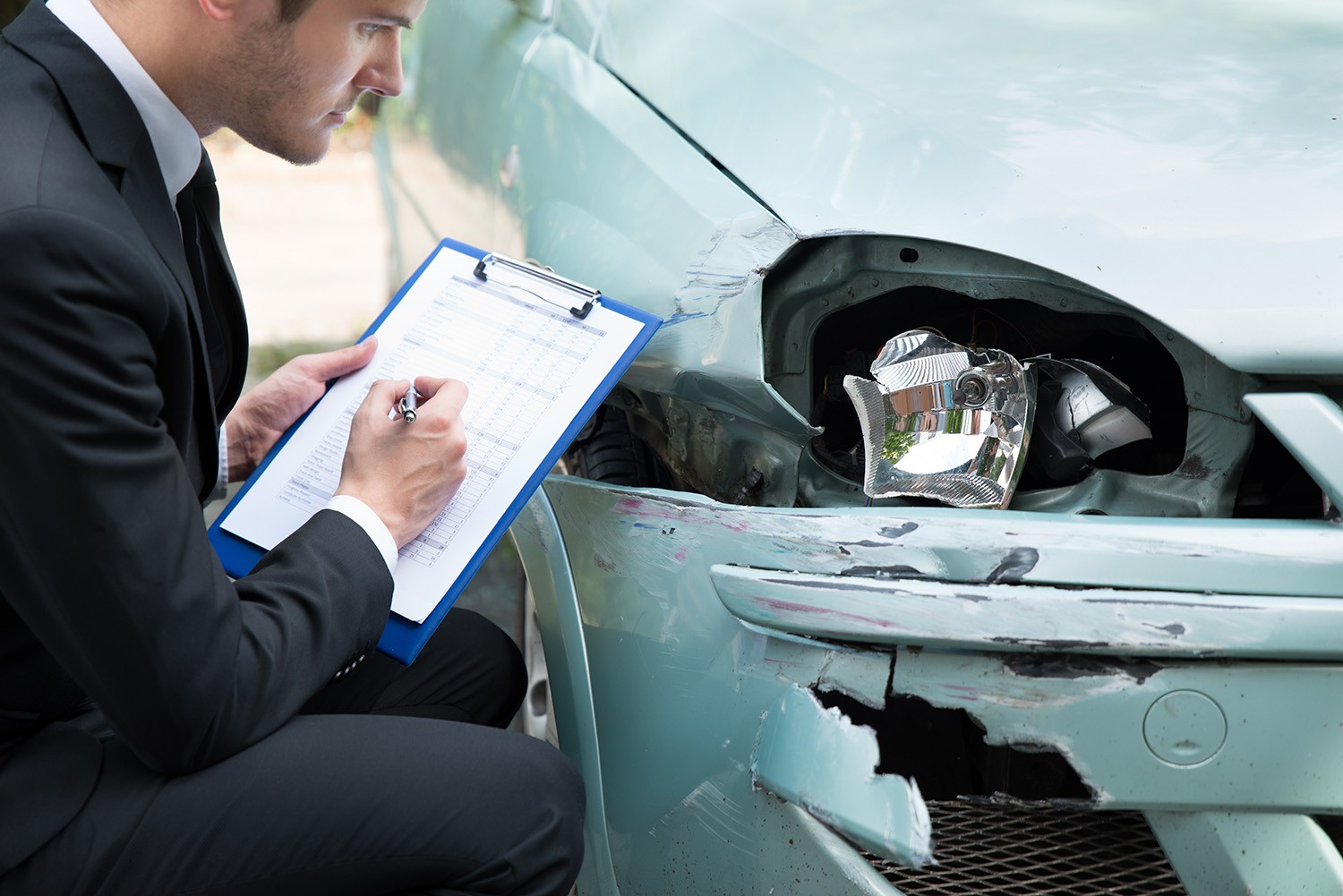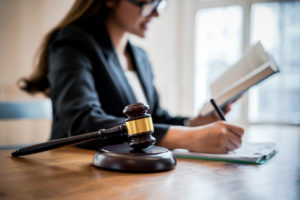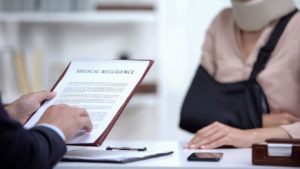Everyone should be prepared for the aftermath of an accident, even if they were not at fault. Even though you didn’t do anything wrong, you shouldn’t assume that everything would work out in your favor just because you weren’t the one who caused it. If you’ve been in a car accident, you might want to consult with a lawyer for an accident about filing a claim or lawsuit against the person or party you believe was at fault.
Getting into a car accident due to another party’s negligence typically results in stress, frustration, and injuries. The first steps for you to take are to call the police, get checked out, and then get in touch with your insurance provider after any kind of accident.
It can be difficult to remember what to do following a car accident, especially if it was stressful. Create a checklist that details these preliminary actions and store it in your car’s glove box.
What to do shortly after the accident
Regardless of who is to blame, it is important to remember that the most valuable thing is human life. So, first try to make sure that you and other people are safe. If it is possible to do so without putting anybody else in danger, move yourself and your car to the side of the road. Then call 911 if you see anybody injured. Only after that, call the insurance company to let them know about the accident. The most important thing is to avoid injuring anyone else and to limit any damage you and your passengers may sustain.
Gather Information
All decisions in court are made on the basis of laws. A variety of procedures are used to determine the guilt or innocence of each party in a car accident. In general, the NY court will not accept your certainty that you are not responsible for a car accident. As a result, it is critical that you prepare every available evidence of your innocence. Having this evidence can greatly simplify the case for your lawyer for an accident in court and increase your chances of receiving full compensation for your injuries or losses. Having proof of how a crash occurred may be necessary to guarantee that a driver who caused the harm is held responsible. You should take some important steps at the scene of an accident right away to get information that could be useful later.
Note all available information from any individuals involved in the accident, such as their name, address, telephone number, driver’s license, and license plate number. Make sure you recognize the contact details of passengers or accident witnesses. You can use your smartphone to take photographs of the damage to the cars and the accident scene. If it is available, get a copy of the accident report from the responding police. After some time has passed, it may be difficult or impossible to gather this information, so collect as much information as possible at the scene.
Even at low speeds, injuries are possible in a car accident. It may take some time for the full extent of your injuries from the accident to become noticeable. Problems can be identified with a thorough medical examination. This can help you get prompt treatment. It also allows you to document your injuries in case you need to file a compensation claim against the other driver.
Learn the laws of your state and what your insurance covers
Different states have different rules about who has to pay for the damage caused by an accident. In some regions, like New York, for instance, called “no-fault states,” your own insurance company may pay for your medical bills and a part of your lost wages if the damage from an accident isn’t too bad. In these states, each driver’s own insurance pays for damages up to a certain limit, no matter who was at fault for the accident.
In these states, there’s not much difference between what to do after an accident you didn’t cause and one you did. Even in no-fault states, the driver at fault can still be held responsible for damage to property. That’s why you need a lawyer for an accident. In some states, however, the driver who caused the accident is required to pay for property damage, medical costs, and other damages resulting from injuries, such as lost wages and emotional distress. It is important to know what rules are likely to apply to your situation so you can figure out if you should expect payment from your insurance company or from the insurance company of the driver who caused the accident.
Notify your own insurance company about the accident
No matter who is responsible for paying for damages following an automobile accident, you should notify your own insurance company about the accident as soon as possible. There are a number of important reasons why you should report any accident to your insurance company, no matter how trivial it may seem or whether the other driver has accepted fault and agreed to pay you for your damages. Minor accidents can occasionally end up doing significant harm. Even if a driver promised to pay, he may not have the funds to do so.
Your insurance company can support you in your attempt to recover damages from the at-fault driver’s insurance. If the other driver has insufficient insurance or you live in a no-fault state, your insurer may compensate for losses. If the at-fault driver is unable to make the required payments and you have uninsured or underinsured driver coverage, your insurer will step in.
Normally, you should get in touch with your insurance provider and a lawyer for an accident within 24 hours of the accident. If you delay in notifying your insurer, you could compromise your chance of receiving the protection offered by the firm. This could cause significant issues if the responsible party fails to offer enough compensation after the accident.
Lawyers that specialize in personal injury cases do more than just advise clients on what to do in the aftermath of an accident that wasn’t their fault. Aiming to help victims who have been hurt in car accidents, 1-800-HURT-511 works to protect their rights. Contact one of our car accidents lawyers now for a free consultation to explore your legal options and a no-obligation review of your case. Keep in mind that you owe us nothing until we win your case.





 Trusted Reviews
Trusted Reviews



